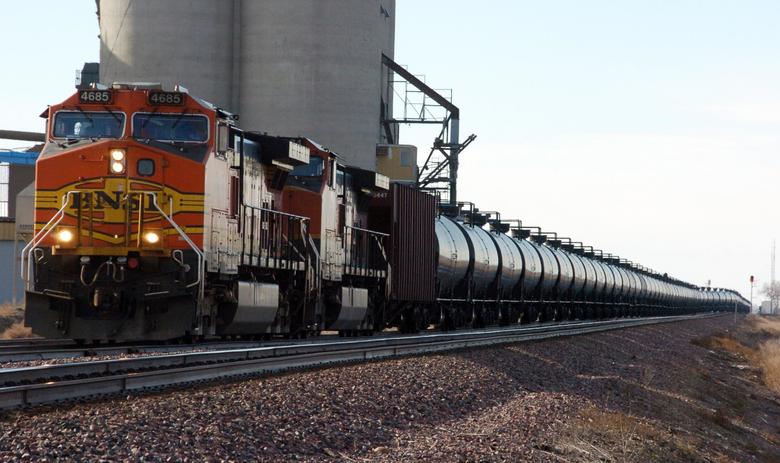
OIL DEMAND 2040

According to WSJ, Global oil demand won't stop growing before 2040 despite pledges made at the Paris climate change summit last year to cap greenhouse-gas emissions, the head of the International Energy Agency said.
IEA Executive Director Fatih Birol's comments have added to a debate over when oil consumption—which has steadily grown for decades—will begin a sustained decline, a change known as peak demand. Royal Dutch Shell PLC's Chief Financial Officer Simon Henry caused a stir earlier this month when he said the company believes demand for oil could stop growing within the next two decades and as soon as five years.
Mr. Birol said demand will keep rising for longer because there are currently scant alternatives to oil for road freight, aviation and petrochemicals, despite increasing investment in renewable energy.
Even efficiency gains in petrol engines and an increase in the number of electric vehicles on the road won't be enough to halt a rise in oil demand, he added.
"The era of fossil fuels appears to be far from being over," Mr. Birol said.
Mr. Birol's remarks were made as the IEA publishes its annual report, forecasting global energy supply and demand to 2040.
Oil companies have started to look at a future in which consumer demand for their core product could stop growing due to climate policies and efficiency gains.
"We've long been of the opinion that demand will peak before supply," Mr. Henry of Shell told analysts this month. "And that peak may be somewhere between five and 15 years hence and it will be driven by efficiency and substitution."
Saudi Arabia, the world's largest exporter of crude oil, has begun preparing for a day when oil is no longer the dominant fuel. The kingdom is planning to publicly list a small piece of its giant state-run petroleum company, Saudi Arabia Oil Co., and use the money to invest in developing its economy away from crude.
However, Saudi Arabia hasn't put an estimate on the timing of peak demand.
Oil demand could peak by 2020 if a more stringent approach on climate change is taken, the IEA said, something that is looking increasingly unlikely after the election of Donald Trump in the U.S. The president-elect has called climate change a hoax and has said he would withdraw from the Paris deal.
"We may well see a change in U.S. policy and given the size of the U.S. economy it may well have implications beyond the U.S. But it's far too early too speculate on what these changes would be and the implications on the energy market," Mr. Birol told a news conference in London.
Government officials from dozens of countries are working this month in Morocco to implement curbs on emissions agreed last year in Paris. Even if successful, that effort may not be enough to quickly slow down crude-oil consumption, Mr. Birol said.
"Today 81% of global energy comes from fossil fuels and in 2040, even if all the pledges are implemented, this share will go down to 74%.
Under the IEA's central scenario in its World Energy Outlook to 2040, global oil demand is set to grow almost 12% to 103.5 million barrels a day in 2040, compared with 92.5 million barrels a day in 2015.
Oil demand is set to fall more quickly in the Organization for Economic Cooperation and Development, a group of countries with advanced industrial economies, but this reduction is more than offset by increases elsewhere. India is set to become the leading source of growth, while China will overtake the U.S. to become the single largest consuming country in the early 2030s, the IEA said in the report.
-----
Earlier:
BP: IMPROVING ENERGY EFFICIENCY
WORLD OIL DEMAND WILL UP BY 1.15 MBD




